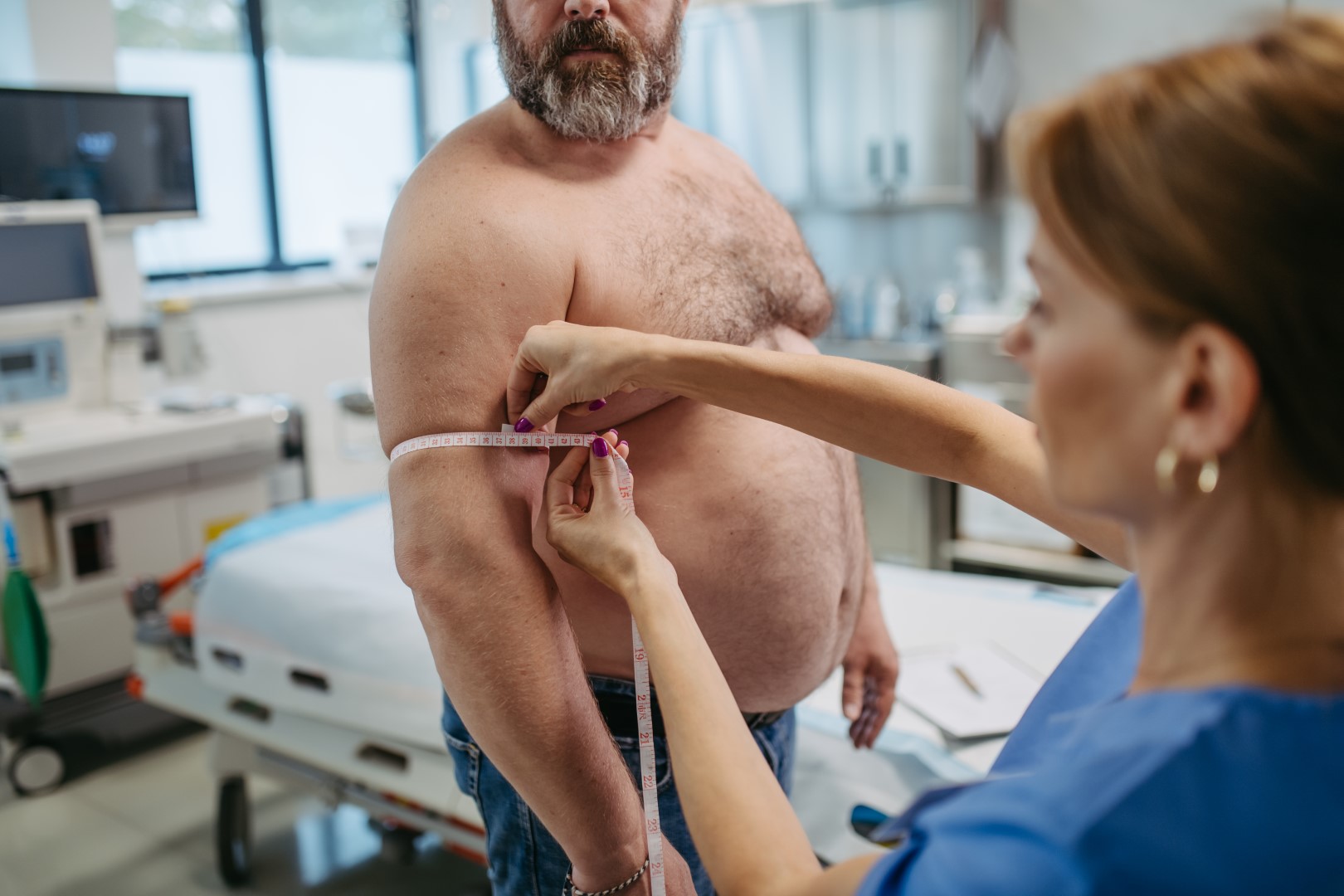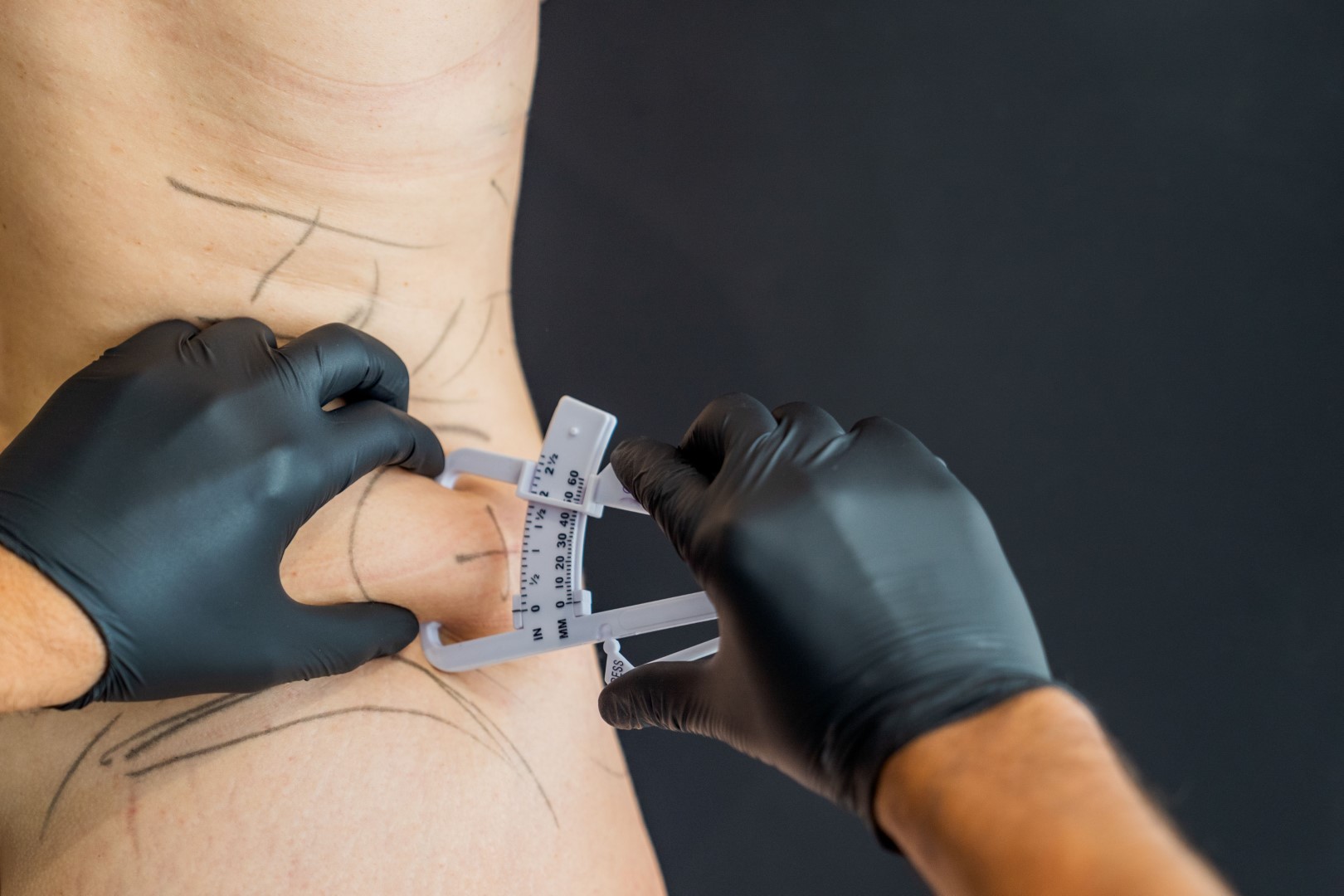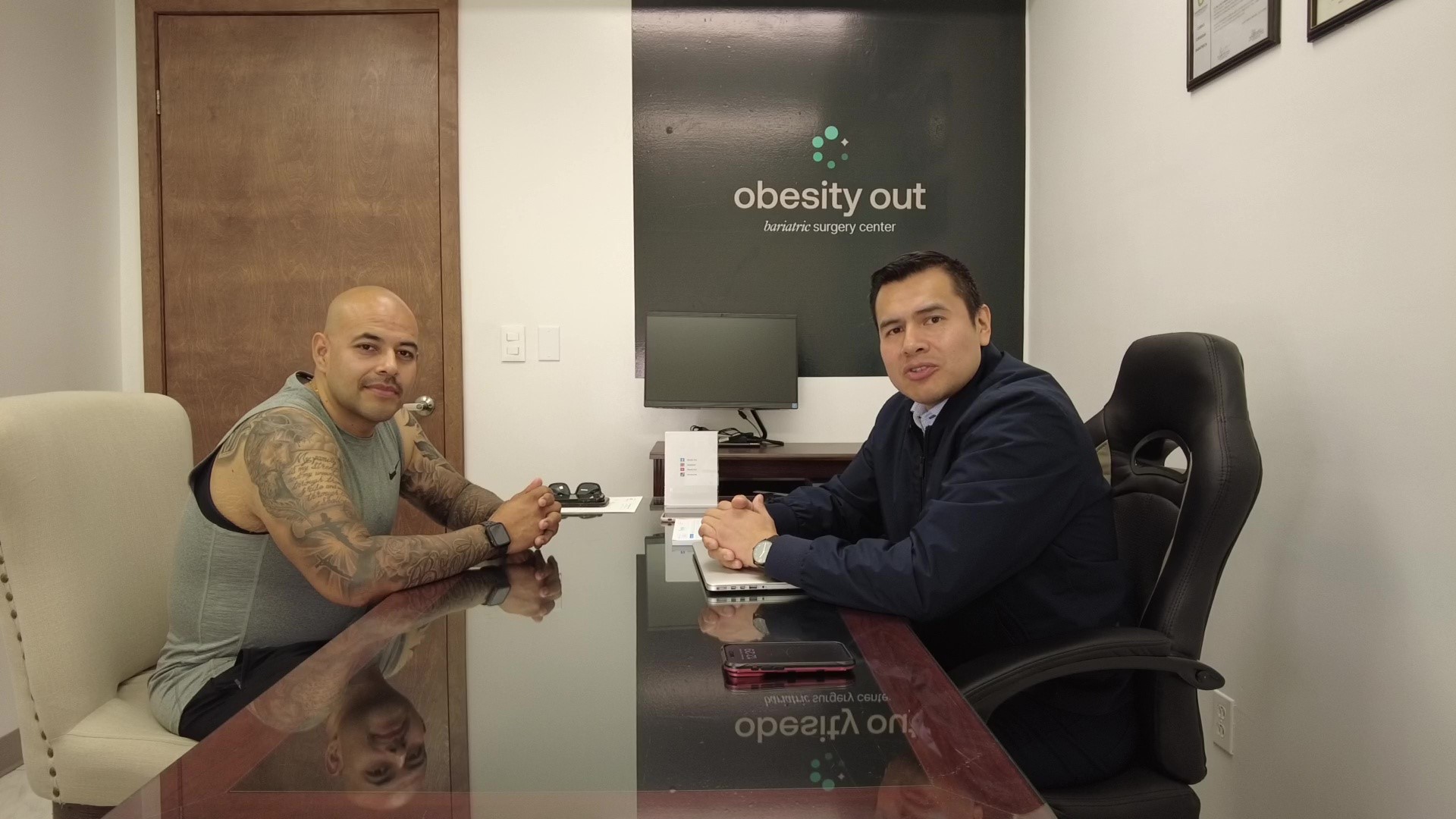The bariatric surgeryoffered by experts such as the Dr. Luis Cano from Obesity Out at TijuanaThe procedure has proven to be an effective tool for combating obesity and improving overall health. However, beyond the physical benefits, it is important to recognize the impact this procedure can have on the social life and recreational activities of those who undergo it.
The bariatric surgery involves significant changes in diet, lifestyle and body image, which in turn can influence patients' social interactions and recreational experiences. In this note, we will explore how individuals adjust to these changes and find new ways to participate in social life and recreational activities after surgery.
From readjusting social habits to exploring new recreational activities and managing social events and meals away from home, we'll examine the challenges and opportunities that arise on the path to a full and satisfying life after the bariatric surgery.
Readjustment of social habits and personal relationships
After undergoing the bariatric surgeryAs a result, many people experience significant changes in their social habits and personal relationships. This readjustment can be both exciting and challenging as patients adjust to a new lifestyle and perceptions of themselves and others.
Initially, it is common for patients to experience a variety of emotions when confronted with social situations. They may feel anxious or insecure when interacting with others, especially at events involving food or drink. Concern about how they will be perceived by others or whether they will be able to meet social expectations may be overwhelming at first.
However, over time and with the right support, many patients find that they adapt and return to enjoying social interactions in a new and rewarding way. As they lose weight and improve their health, their confidence and self-esteem often increase, allowing them to participate more fully in social activities and establish stronger, more meaningful relationships.
It is important to remember that the readjustment of social habits and personal relationships is a gradual and personalized process for each individual. Some people may feel comfortable and confident more quickly than others, and it is okay to take time to adjust to these changes.
The support of friends, family and health care professionals, such as the Dr. Luis Cano from Obesity Outcan be critical during this period of adjustment. Emotional counseling and practical guidance can help patients navigate social challenges and find new ways to connect with others while enjoying their physical and emotional transformation.
Exploration of new recreational activities
After undergoing the bariatric surgeryMany patients discover a renewed interest in exploring recreational activities that they might have previously avoided due to their weight or physical limitations. The weight loss and improved health give them the opportunity to participate in a wide range of activities that previously might have been difficult or even impossible.
From outdoor walks to dance classes to recreational sports, patients find new ways to move their bodies and enjoy the world around them. These activities not only offer physical benefits, such as calorie burning and muscle strengthening, but also provide a sense of accomplishment and personal satisfaction.
In addition, exploring new recreational activities can help patients develop hobbies and skills that contribute to their overall well-being. Learning to cook healthy meals, participating in support groups or yoga classes, or even trying new forms of artistic expression can be rewarding ways to enrich their lives and maintain their long-term motivation.
It is essential that patients give themselves permission to experiment and explore different recreational activities, without feeling limited by their past or their fears. Over time, they will find the activities that they enjoy most and that best suit their postoperative lifestyle, allowing them to maintain a healthy balance between work, leisure and self-care.
Management of social events and meals away from home
One of the most important challenges facing patients after surgery is the need for bariatric surgery is how to handle social events and meals away from home. These situations can present unique difficulties, as they often involve social pressures to overeat or choose less healthy food options.
It is critical that patients prepare for these situations and develop effective strategies to maintain their health goals while participating in social events. This may include open communication with friends and family about the patient's dietary needs and health goals, as well as seeking out restaurants that offer healthy menu options appropriate for their new diet.
In addition, learning to practice self-control and moderation can be critical to navigating social situations involving food. This may involve setting clear boundaries, such as choosing smaller portions, prioritizing protein-rich foods, and avoiding unhealthy food temptations.
The support of friends, family and support groups can also be invaluable in these situations, as they provide an emotional and practical support system to help patients stay focused on their health goals.
While it can be challenging at first, over time, patients find effective strategies for managing social events and meals out, allowing them to fully enjoy their social life while maintaining their long-term success after the bariatric surgery.
Finally, the social life and recreational activities after the bariatric surgery experience significant adjustment, but with time and practice, patients can find a balance that allows them to fully enjoy their social life while maintaining their health and weight loss goals. It is critical to recognize that these changes are a natural part of the process of adapting to a healthier lifestyle and may require time and patience to fully master.
Readjusting social habits and personal relationships involves open communication, setting clear boundaries and seeking emotional support. Exploring new recreational activities offers an opportunity to discover hobbies that promote health and well-being. Managing social events and meals away from home requires planning, self-control, and the support of friends and family.
Ultimately, the bariatric surgery is a powerful tool that can significantly improve patients' quality of life by promoting long-lasting weight loss and reducing comorbidities associated with obesity. With a holistic approach and an ongoing commitment to self-care and wellness, patients can enjoy a full social life and participate in recreational activities in a healthy and fulfilling way.






